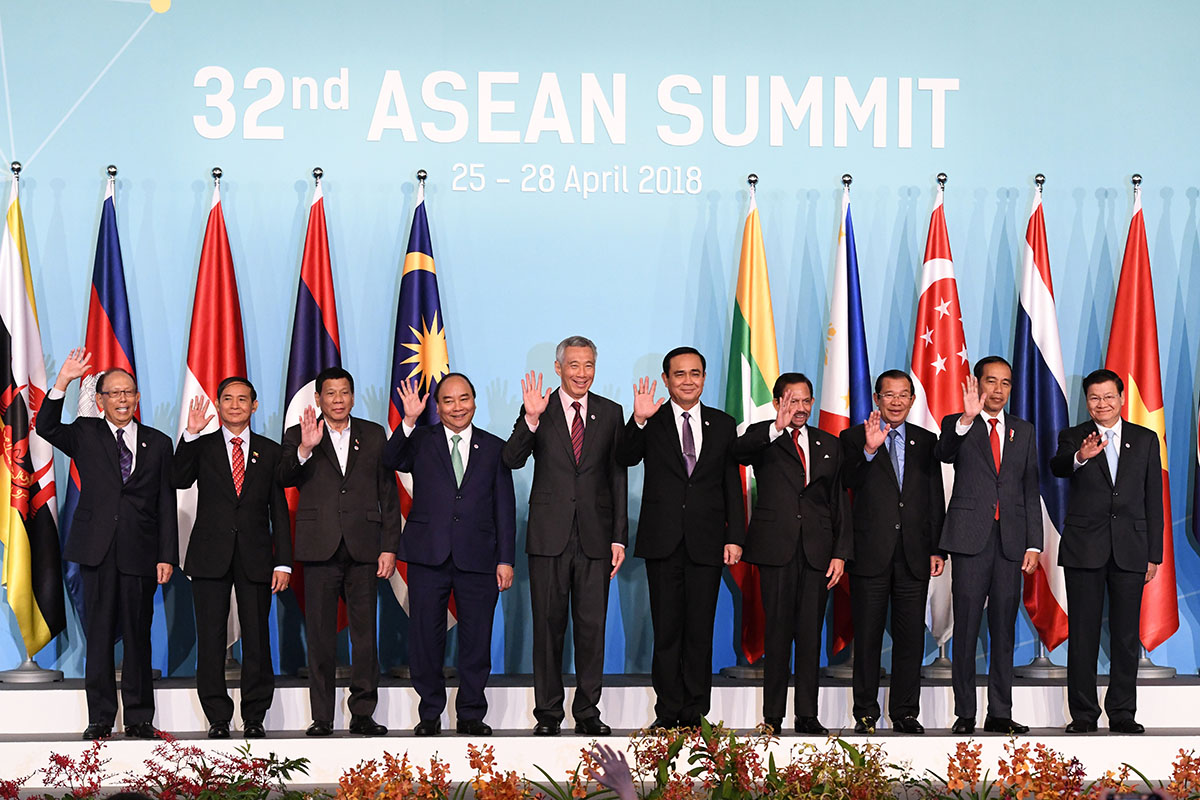
The ASEAN nations' consideration of using local currencies for trade to reduce reliance on the US dollar has gained momentum with the support of China. China's ambassador to Malaysia, Ouyang Yuijing, emphasized the need for common development and implementing global initiatives during the 37th Asia Roundtable. The alliance between China and ASEAN is seen as a threat to the dominance of the US dollar as the world explores multipolar narratives and promotes regional currencies. The initiative to transition away from the US dollar is gaining traction due to the US Federal Reserve's stance on hiking rates, which has compelled developing nations to hike their own interest rates to combat currency depreciation. China's support in bolstering community prospects and establishing a nuanced world order aligns with ASEAN's goal of reducing reliance on established currencies and promoting intra-nation dependence through local currency transactions. The collaboration between China and ASEAN in this regard poses a challenge to the US dollar's dominance in the region. However, it is important to note that improving US-China relations remains a top priority, with both nations working towards resolving their differences.
Vietnam and Indonesia, two key members of ASEAN, are taking steps to reduce their dependence on the US dollar and promote local alternatives for regional trade. Vietnam has signed a trade agreement with Russia that enforces the use of local currencies, aligning with ASEAN's de-dollarization efforts. Indonesian President Joko Widodo suggests using China's renminbi, the European Union's euro, or Japan's yen as alternative benchmarks for the Indonesian rupiah. The aim of reducing the use of dollars in transactions is to gain more control over monetary policies and improve financial stability within the region. This move is also a response to US-imposed sanctions and global uncertainties. The potential impact on the US dollar remains to be seen, and ASEAN faces challenges such as the need for a robust financial infrastructure and aligned monetary policies. However, the successful implementation of this directive could reduce transaction costs, improve regional financial integration, and provide resilience to outside economic factors. Overall, this shift in ASEAN's dynamic will affect the macroeconomic setup of the world.
According to a quiz published by VnExpress International, Southeast Asian countries that use the US dollar as their official currency include East Timor, Brunei, and Cambodia. The US dollar is also widely accepted in Laos and Myanmar. East Timor became the continent's newest nation-state after achieving full independence on May 20, 2002.